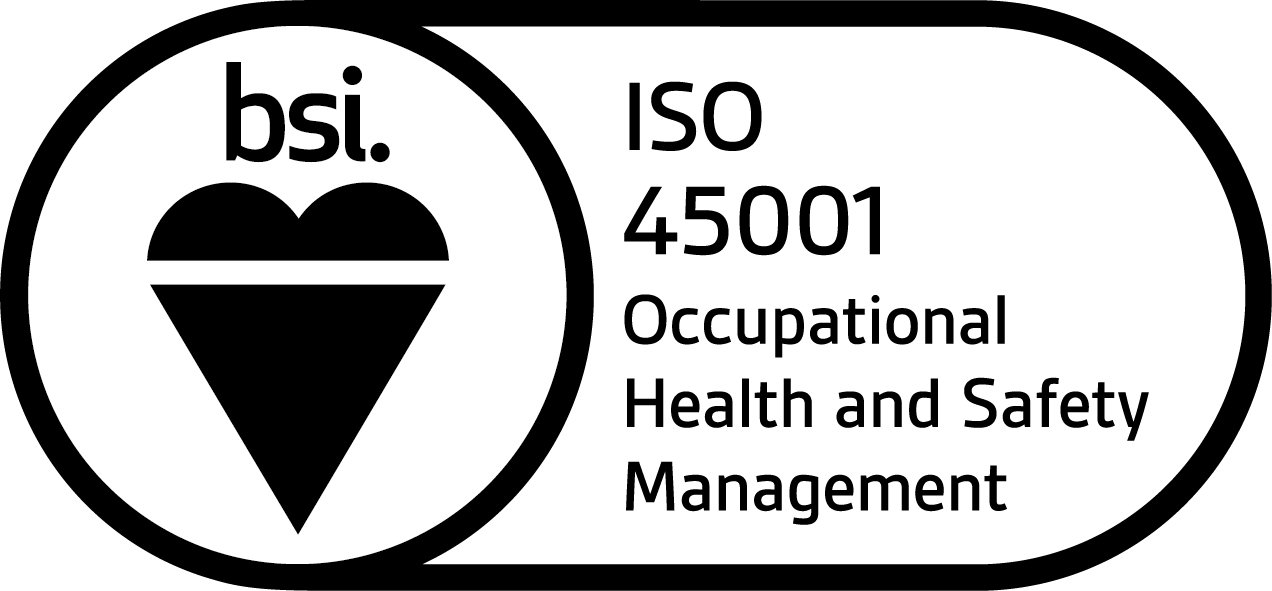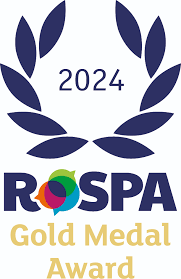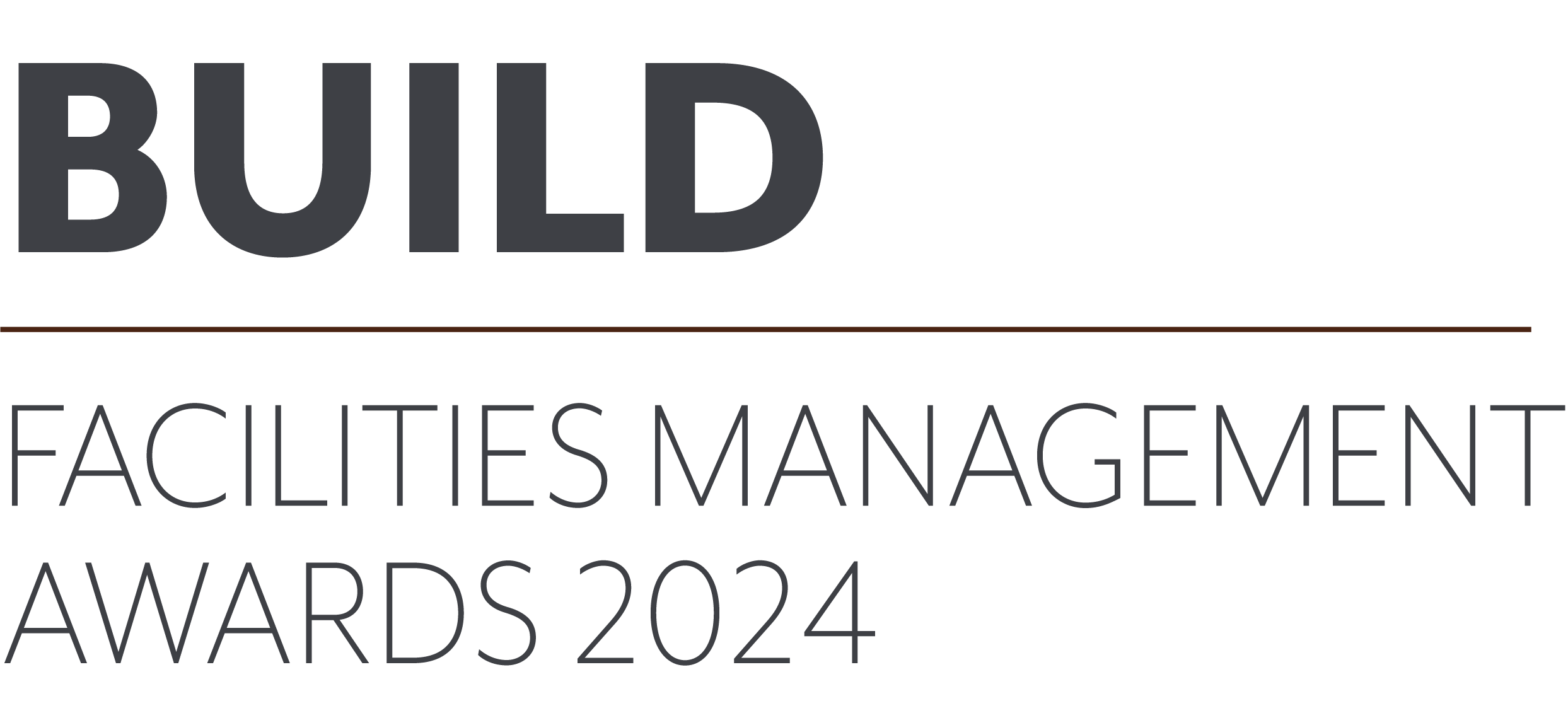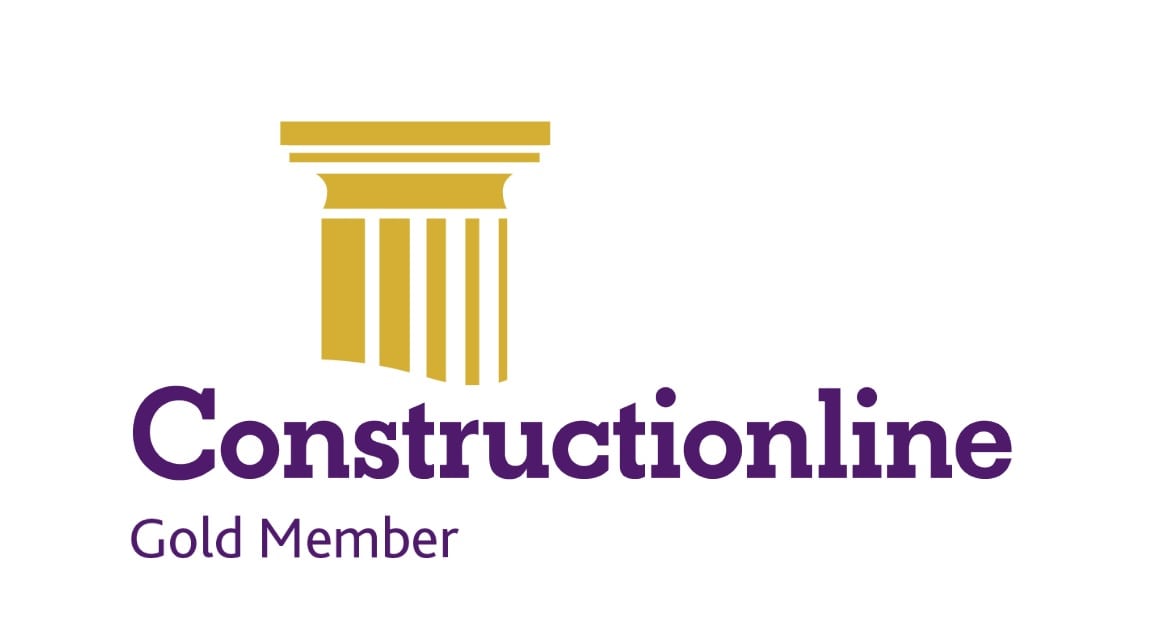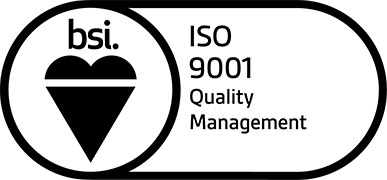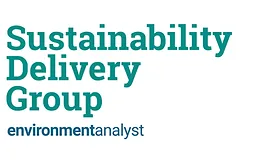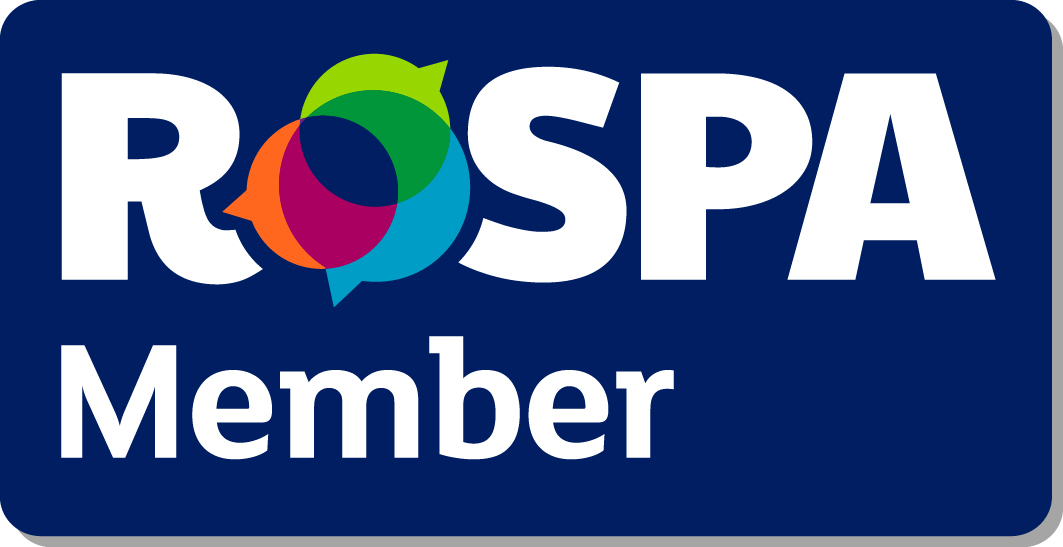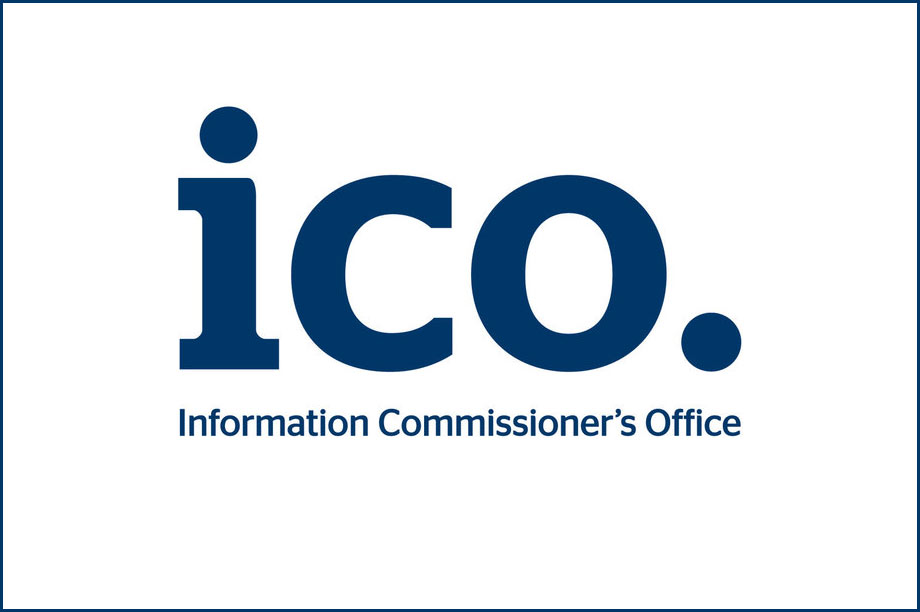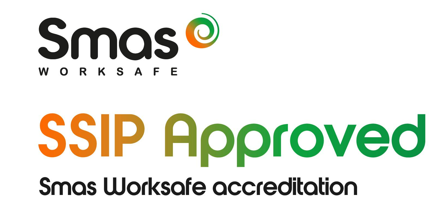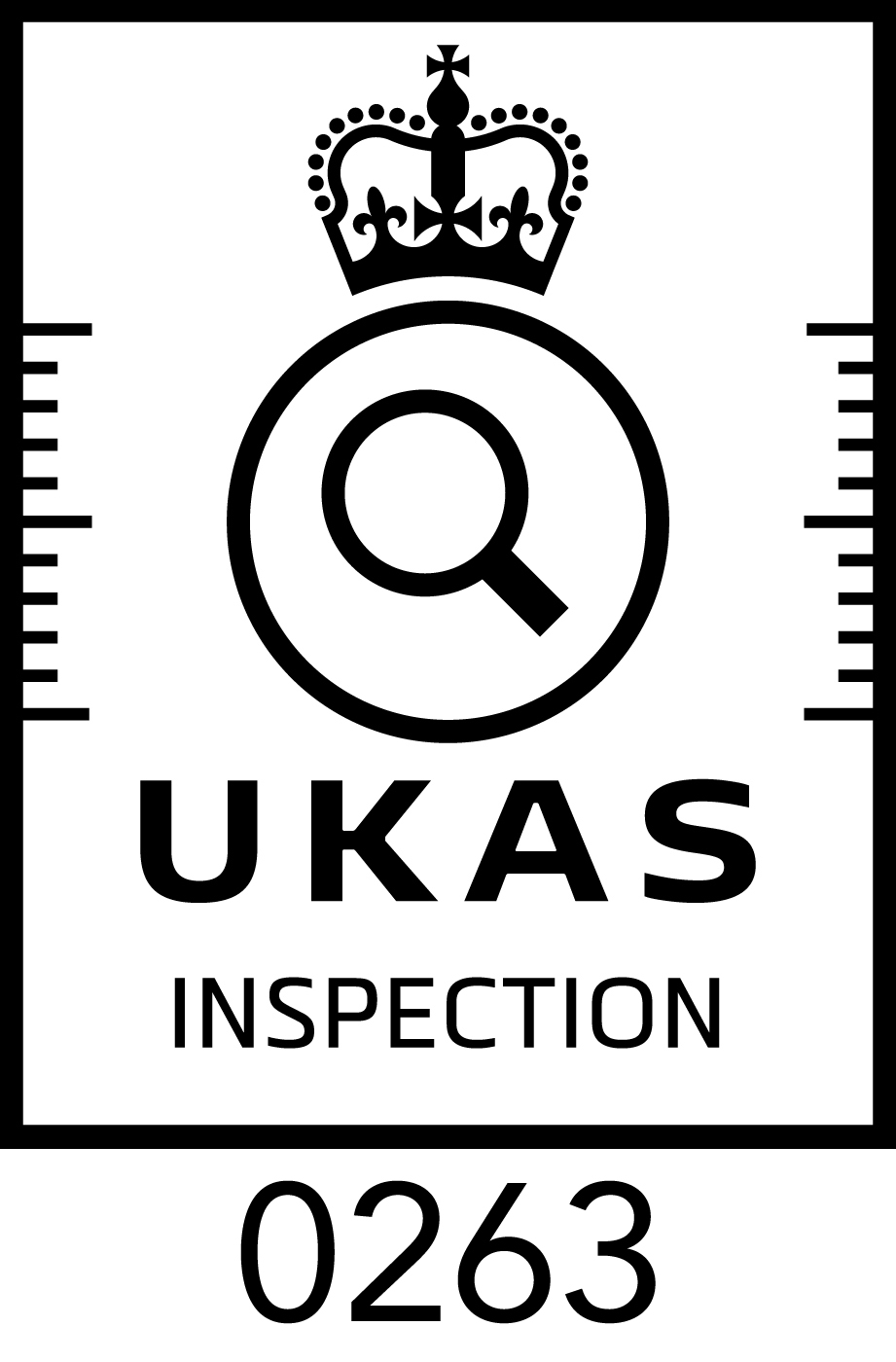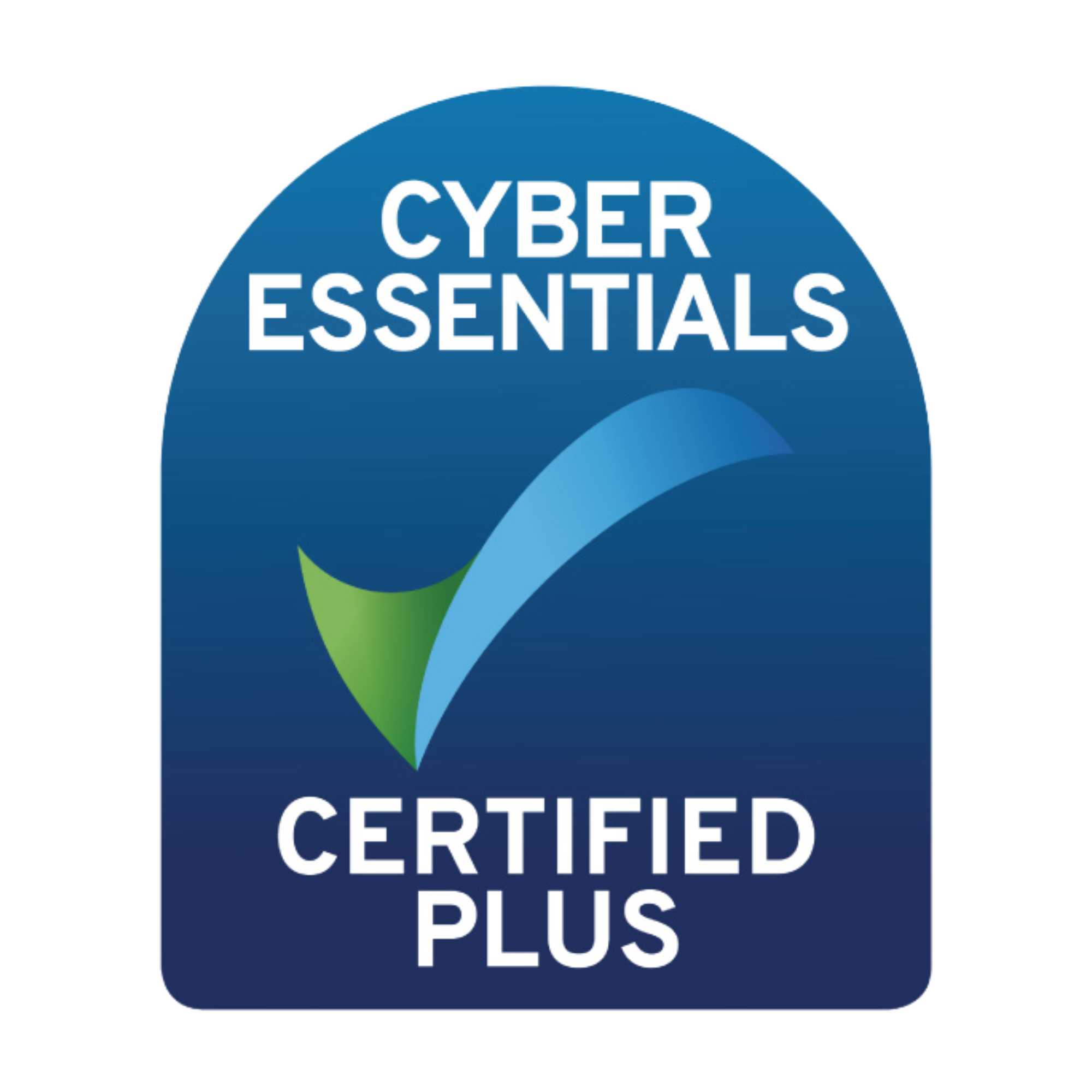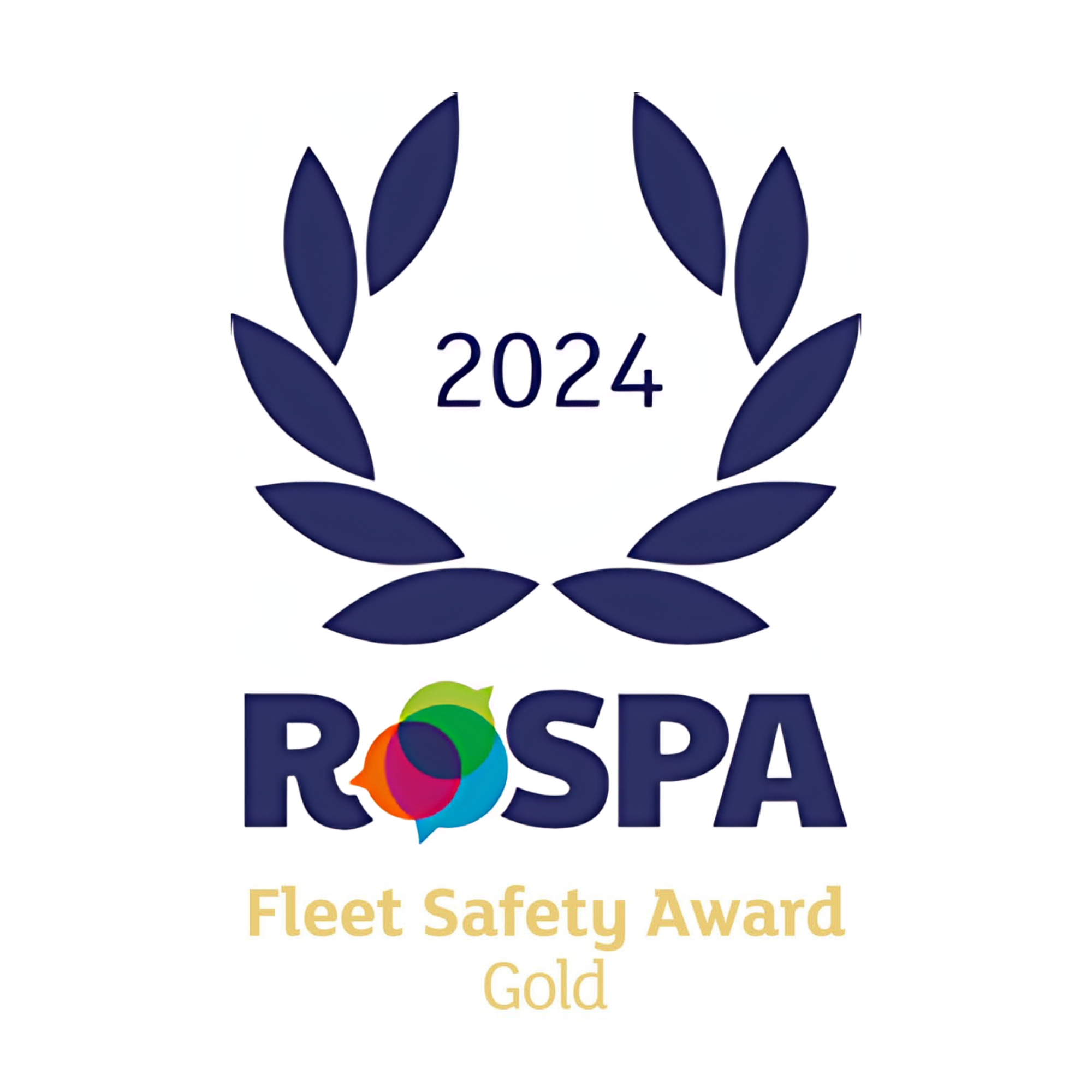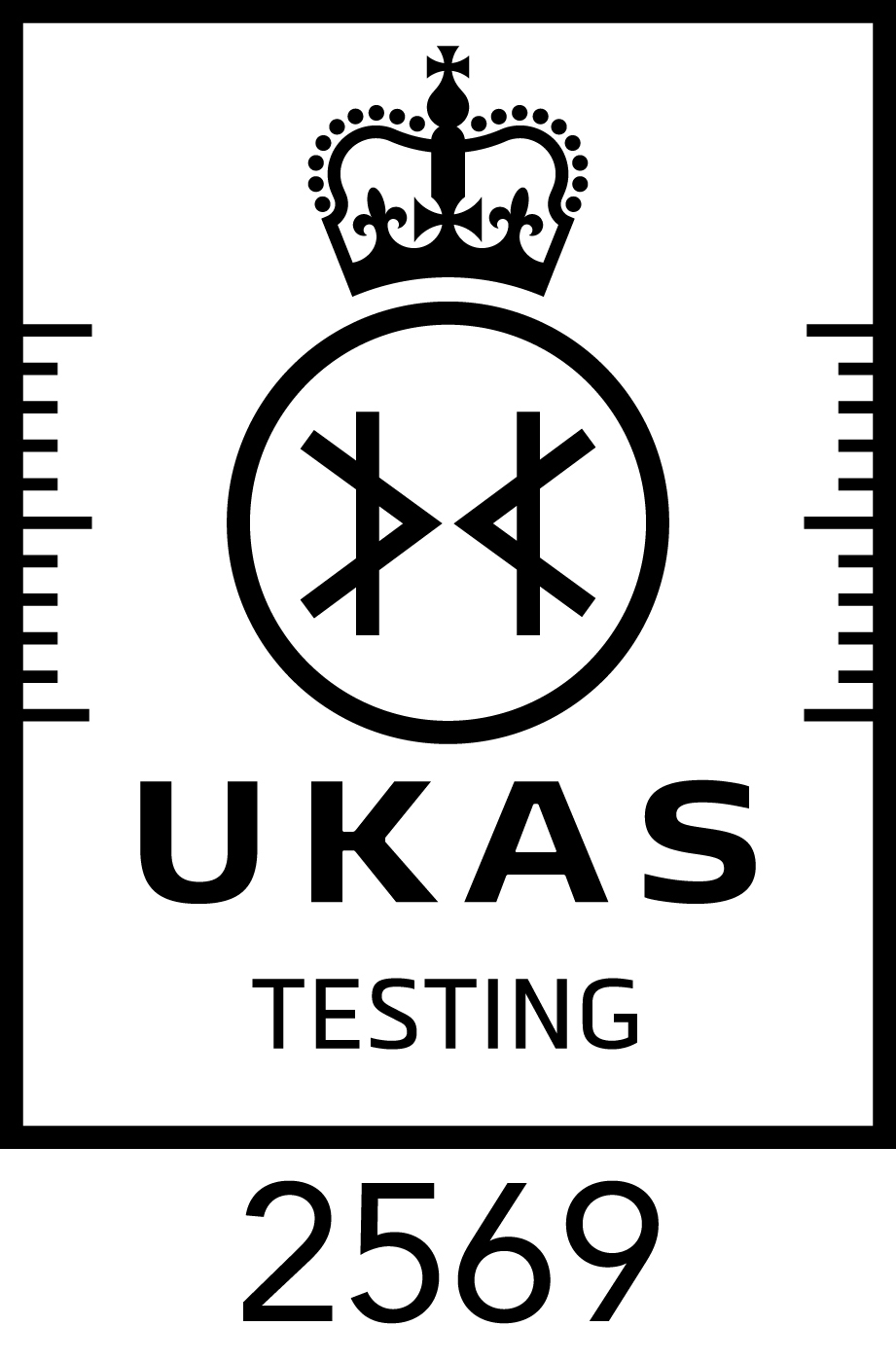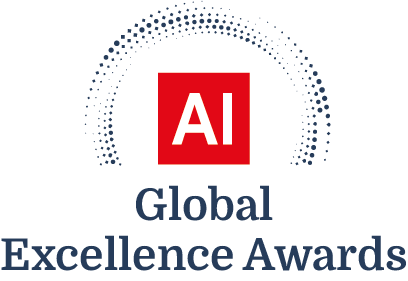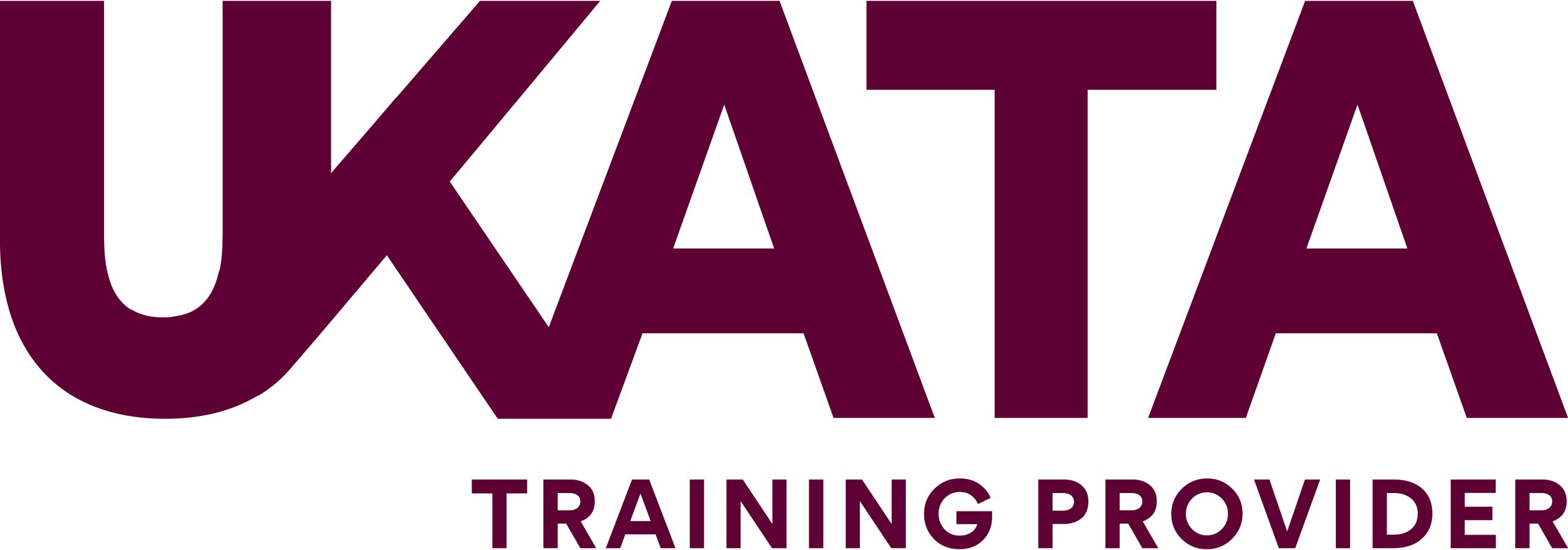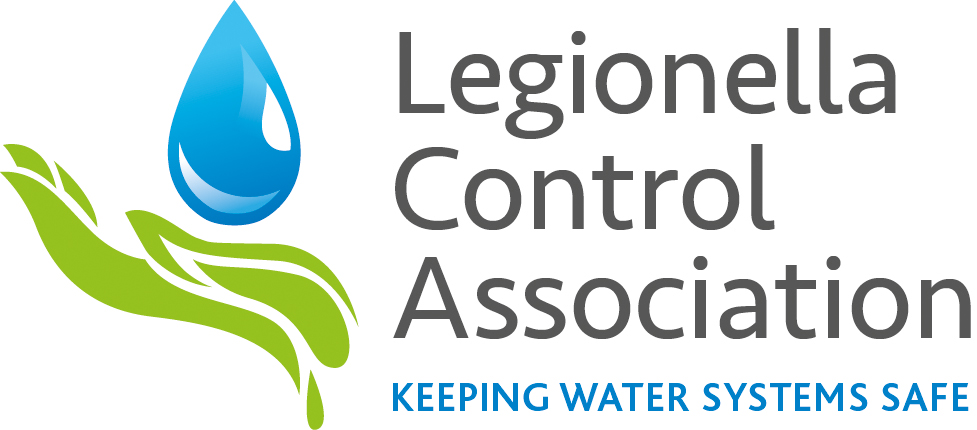Align your organisation with global climate goals through our Science-Based Targets (SBT) Declaration service. Set credible, science-aligned emissions targets with our expert SBT Declaration service, positioning your business as a climate leader.
Our Science-Based Targets (SBT) Declaration service provides the expertise and support you need to set ambitious, credible emissions reduction targets aligned with the latest climate science.
Science-based targets offer a clearly-defined pathway for companies to reduce greenhouse gas (GHG) emissions, helping prevent the worst impacts of climate change and future-proofing business growth. By setting SBTs, you’re not just making a statement – you’re creating a robust strategy for long-term sustainability.
Our SBT Declaration service guides you through the entire process, from initial assessment to final submission to the Science Based Targets initiative (SBTi). We work closely with you to:
- Conduct a comprehensive analysis of your GHG emissions across all scopes
- Determine appropriate target boundaries, scopes, and timeframes
- Set ambitious yet achievable emissions reduction targets aligned with 1.5°C or well-below 2°C scenarios
- Develop a robust emissions reduction strategy tailored to your business
- Prepare and submit your SBT declaration for SBTi validation
- Assist with target communication and stakeholder engagement
Our team of climate experts understands the nuances of different sectors and can help you navigate sector-specific guidance and requirements. We ensure your targets not only meet SBTi criteria but also align with your broader business objectives and stakeholder expectations.
By engaging our SBT Declaration service, you’ll gain:
- Credible, science-aligned targets that demonstrate genuine climate leadership
- A clear roadmap for emissions reductions across your value chain
- Enhanced reputation and stakeholder trust
- Improved resilience against climate-related risks and regulations
- Potential for innovation and competitive advantage in a low-carbon economy
We understand that setting SBTs can seem daunting, especially when considering Scope 3 emissions. Our experts will help you identify and address your most significant emission sources, including those in your supply chain, and develop strategies for supplier engagement and capacity building.
As a company that has set its own science-based targets, we bring first-hand experience to the process. We’re committed to the UN Global Compact and fully understand the importance of aligning business practices with global sustainability goals.







